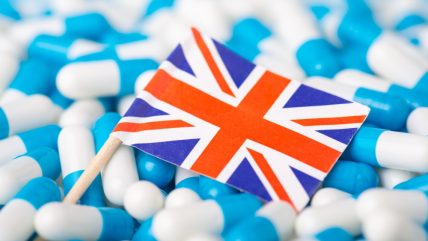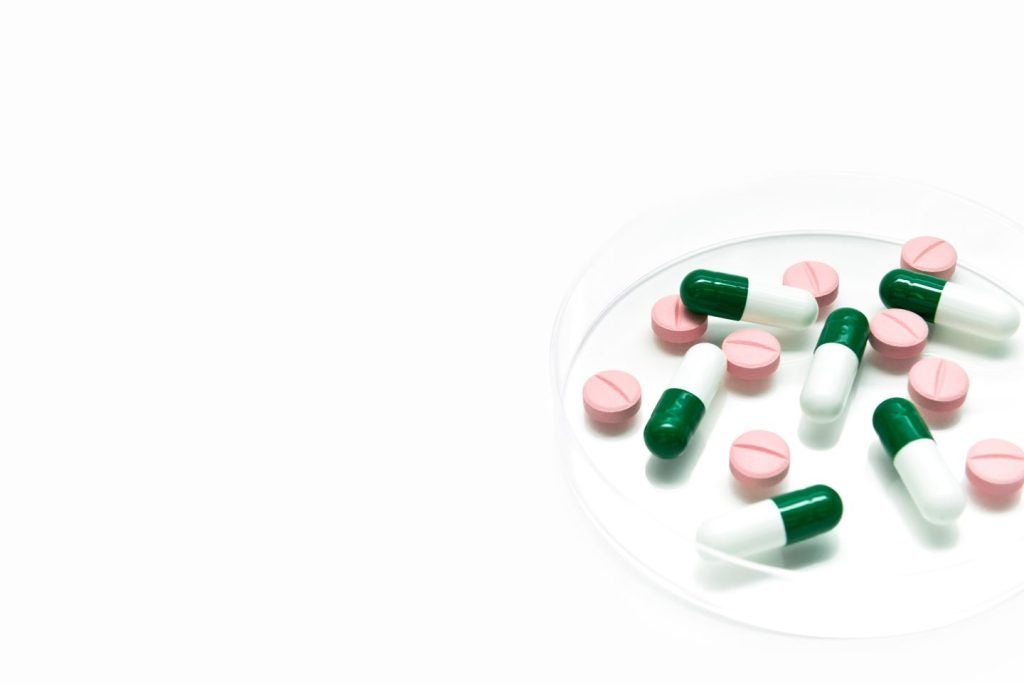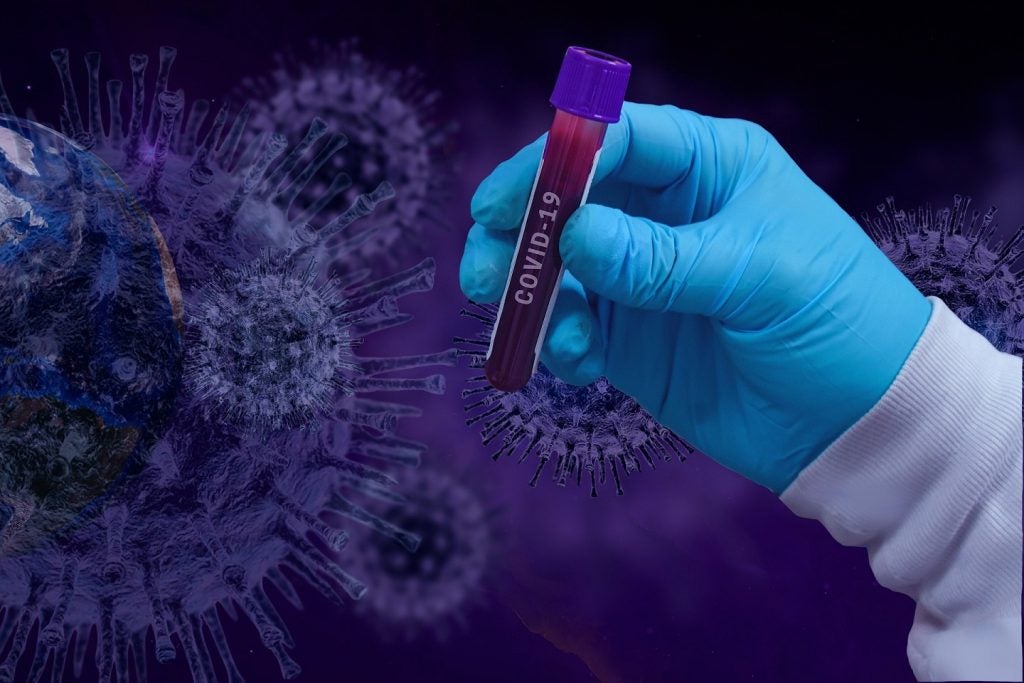
The Medicines and Healthcare products Regulatory Agency (MHRA) is continuing its pursuit towards the goal of personalised medicine by launching the second phase of its pilot genetic biobank, this time targeting direct oral anticoagulants (DOACs).
The Yellow Card biobank, launched by the MHRA on 1 June 2023, strives to investigate how a patient’s genetics can affect the safety of their medications.
Scientists will determine whether excessive bleeding associated with the use of DOACs is caused by a specific genetic trait, using genetic information available to them in the Biobank. The pilot is a joint venture with UK-government funded Genomics England.
The pilot aims to make prescriptions more personalised, utilising rapid screening tests to inform healthcare professionals while prescribing drugs to a patient.
DOACs are drugs used to prevent blood clots from forming or getting larger in blood vessels. They work by interfering with the blood’s natural clotting process, targeting proteins involved in clot formation. Excessive bleeding is listed as one of the possible side effects associated with the use of the drugs – whilst they prevent clotting, they can also inhibit the blood’s ability to stop bleeding when necessary.
See Also:
A November 2023 announcement from England’s National Health Service (NHS) revealed that since a rollout in January 2022, an estimated 17,000 strokes and 4,000 deaths had been prevented.
How well do you really know your competitors?
Access the most comprehensive Company Profiles on the market, powered by GlobalData. Save hours of research. Gain competitive edge.

Thank you!
Your download email will arrive shortly
Not ready to buy yet? Download a free sample
We are confident about the unique quality of our Company Profiles. However, we want you to make the most beneficial decision for your business, so we offer a free sample that you can download by submitting the below form
By GlobalDataGlobalData epidemiologists forecast that venous thromboembolism (VTE) market in the seven major pharmaceutical regions (US, France, Germany, Italy, Spain, UK, and Japan) will increase from $3.6bn in 2022 to $4.6bn in 2032.
The continued uptake of oral anticoagulants for the treatment of VTE and recent clinical trial guidelines endorsing their use for patients with cancer and renal impairment are major drivers of the VTE market, as per GlobalData analyst Sarah Bundra, MPH. However, major barriers to the growth of the market are mainly attributed to these anticoagulants facing generic erosion as their patents expire at the beginning of the forecast period.
The first phase of the Yellow Card biobank project focused on rare, severe skin reactions associated with the gout drug allopurinol, marketed as Zyloric by Aspen Pharmacare in the UK. As reiterated in today’s announcement, the first patients will have their genetic makeup sequenced in spring of this year, with the data being shared in 2025. Genomics England will help the MHRA with sequencing and genetic material storage.
In the announcement accompanying the investigation, MHRA chief executive June Raine said: “Almost a third of adverse reactions to medicines could be prevented with the introduction of genetic testing. The Yellow Card biobank will help us move toward the goal of personalised medicine.”





